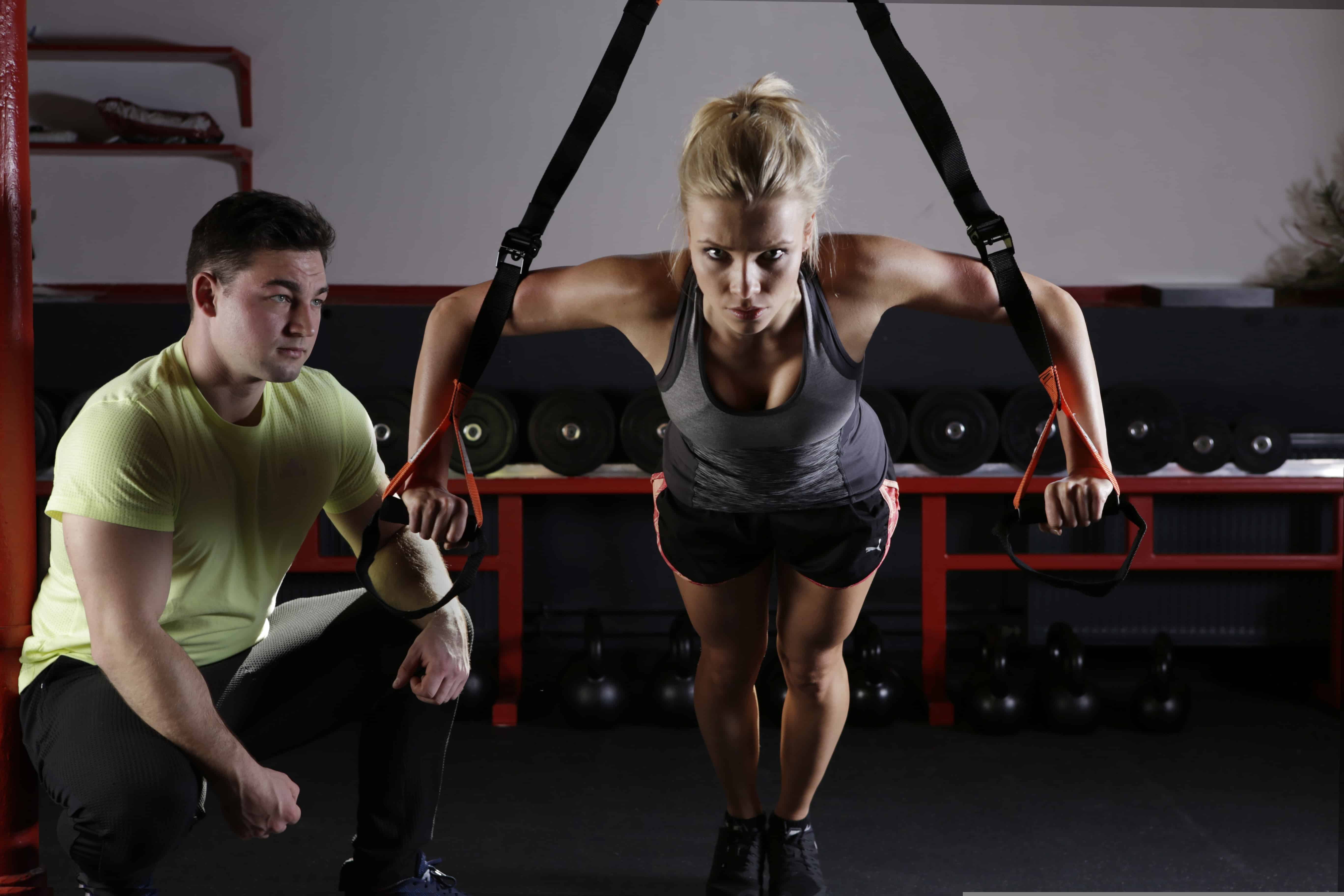
About Paleo
- Founders: Hermes Sanctorum and Andy de Jong
- Founded in: 2020
- Employees: 18
- Money raised: 14 million
- Ultimate goal: developing ingredients for plant-based foods, making it taste, feel and look like real meat or fish.
A hamburger with garlic sauce, or on occasion a tender steak: impossible to resist, right? Meat products are still very popular. At the same time, people sometimes feel uncomfortable eating them because of animal suffering. Start-up Paleo from Belgium helps society get rid of its meat addiction and uses microorganisms to make tasty and healthy plant-based foods. In this episode of Start-up of the day, founder Hermes Sanctorum talks about how his company is doing.
How did you come up with the idea of founding Paleo?
“After studying bioengineering, I majored in environmental chemistry. Then I left academia for politics. For ten years I was a member of parliament and senator here in Belgium, focusing on animal welfare, the environment, and climate. That’s where my heart lies. I find animal suffering unbearable and doing something against it is a common thread in my life. To make even more of an impact, I eventually became an entrepreneur. With Paleo, we tackle the biggest animal suffering in the world, caused by the meat industry.”
You work with microorganisms to make products. How exactly does that work?
“In essence, we make animal proteins without animals. When you add our proteins to a meat substitute the meat experience becomes much more real in terms of texture, aroma, and color. It’s kind of the holy grail of the meat replacement industry. To make that happen, we work with genetically modified organisms. With this, we offer an alternative to people who like to eat meat but are not ethically comfortable with it.”
Do you think this is the right time to enter the market?
“The technology of precision fermentation, as it is called, is now developed to the point where you can make nice products with it. But if we had entered it five years later, we would have been too late again. The technology offers a solution mainly in the short term. In the long term other innovations, such as cultured meat, will also play a major role. So in that respect, we timed the start of the company well.”

Where lies the focus for Paleo right now?
“We are optimizing the technology and want to scale up further. In the food business, it is important to be able to deliver large volumes at a low price. That is what we are focusing on right now. In addition, we are working on safety tests, looking, for example, at whether a substance triggers an allergic reaction. These are long-term procedures, which go more smoothly in other parts of the world than in Europe itself. But I am pleased that in the meantime there is already a lot of interest from the food industry. We are meanwhile also expanding our commercial collaborations.”
So far, what are you most proud of?
“Besides contributing to animal welfare and the environment, I am proud that our product is GMO-free. That is also one of our goals. We work with genetically modified organisms, but ultimately create a pure product that we can separate industrially, leaving a pure protein. You will no longer find any DNA from the organisms in our product.”
What challenges are you currently running into?
“When we were just starting, the economy was thick and fast. We had to deal with things like inflation, interest rate increases, and raw material scarcity, so the investment climate was very bad for a while. You can still see the effect of that in a lot of other companies. All the more proud we are that we managed to convince investors of our idea. We raised 12 million euros in a capital round this year.”
When will you be satisfied?
“I am satisfied when Paleo becomes a big success among consumers so that we can make a big contribution to reducing meat consumption. I used to try to achieve that through policy, but that’s way too slow for me. My former colleagues now still talk about the issues we were talking about years ago. It is my ultimate dream to use Paleo to make a visible change in society.”









